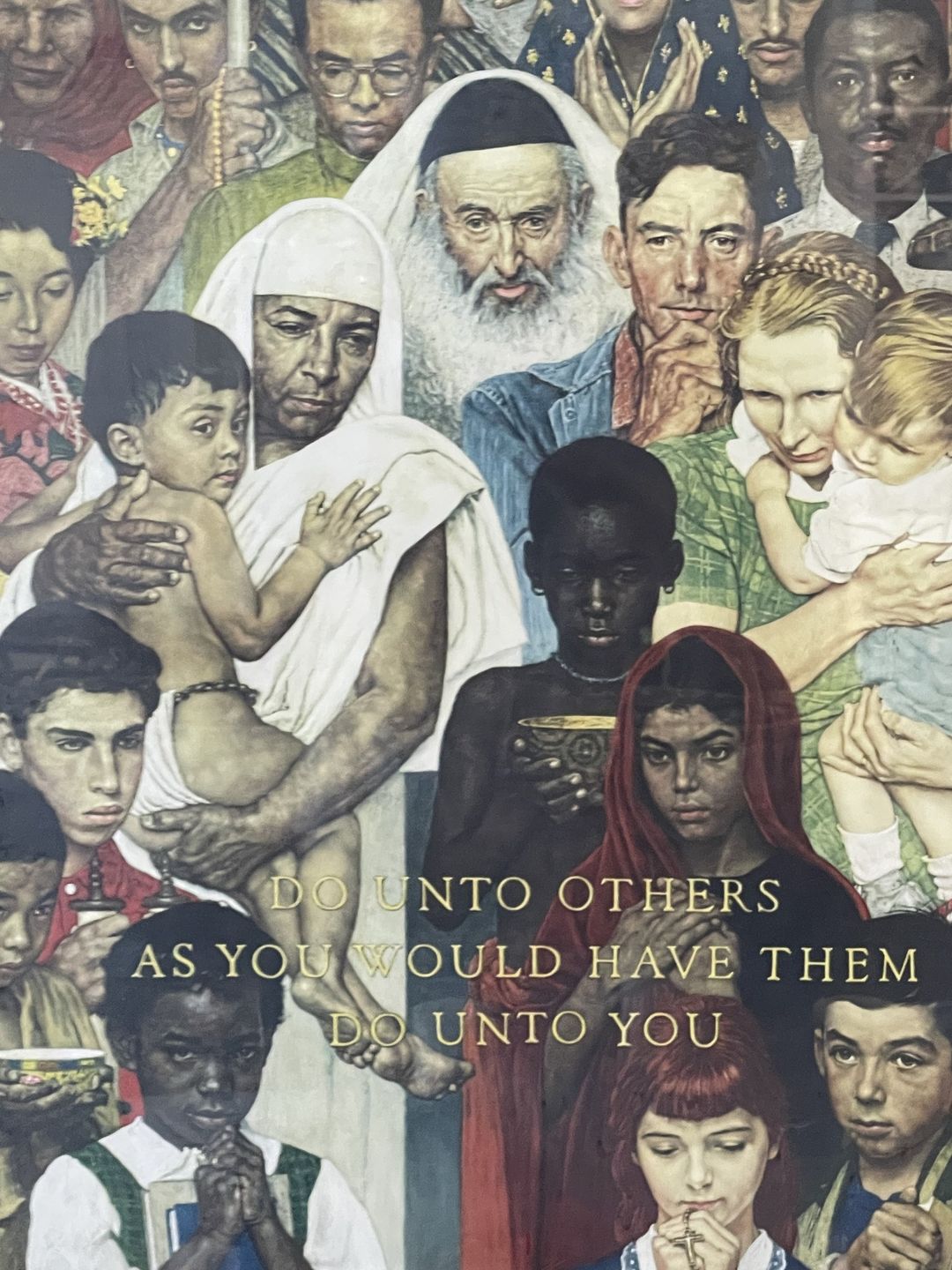Of all the sadness
Of all the sadness I’ve felt in this election cycle, one of the deepest has been seeing close ties of friends and family unraveled by “political correctness.”
Long ago I learned the wisdom in asking myself, “Would I rather be right, or
would I rather be in right relationship?” It’s a great question. And it matters
immensely.

Granted, sometimes the actions or beliefs of others may require distancing to uphold your own sense of morality, or even protect your emotional or physical safety. Boundaries are important. But the accounts I keep hearing this election year aren’t like that.
It’s instead that folks seem to value the views of politicians they likely don’t know, and never will meet, over close relationships they’ve formed for years. Really? That’s how little you value the long-time loves in their life? My message to such folks is to consider that long after the political fires die down, what remains will be the ashes of regret. Reconsider!
And to those being shunned (on either side of the red/blue, liberal/conservative divide) I’d say, It’s probably not about you, and you probably don’t deserve it.
Shunning is one of the cruelest punishments, meted out by tribes throughout history. My first counsel for those being shunned would be to leave the Welcome sign on your door, signaling somehow that you’ve not given up on the relationship. The current of time has a way of wearing down the roughest of edges.
But after awhile, when there’s no indication of repaired relationship, it would be important to find acceptance elsewhere. We are all created as social creatures. Moving on can serve two purposes. First, it defeats the key aim of those who shun—to punish through isolation. And second, it opens the possibility that you may find individuals and groups who value your uniqueness, rather than being threatened by it.
What I find as I keep peeling back the layers that lead to shunning is this core belief: If you believe and act like me, I’ll accept and love you. This is called a transactional relationship. The often-unstated corollary in the deal is, “You must act and think this way, or I’ll stop loving you.”
To some extent, I imagine there’s a degree of transaction in any human relationship, but it goes out of bounds when one’s self-definition is determined by how others define you. What if many, or all, your friends and family were to abandon you? Do you then become a nonentity?
Years ago I was greatly helped in answer to that question by reading Henri Nouwen’s thoughts on “Our First Love.”
Our True Self, he writes, is knowing that we are God’s beloved, “when somehow you can claim that long before your father, your mother, your brother, your sister…loved you and wounded you—long before that, you were held in an eternal embrace.…The spiritual life starts at the moment that you can go beyond all of the wounds and claim that there was a love that was perfect and unlimited, long before that perfect love became reflected in the imperfect and limited, conditional love of people. The spiritual life starts when you can dare to claim the first love. “Love one another because I have loved you first.” (John 4:19)
Nouwen’s remarks are a reminder to those who shun, and to those who are shunned, that ALL are beloved of God, without exception. Which means we are all family, now and always.
Dad's short bio goes here.